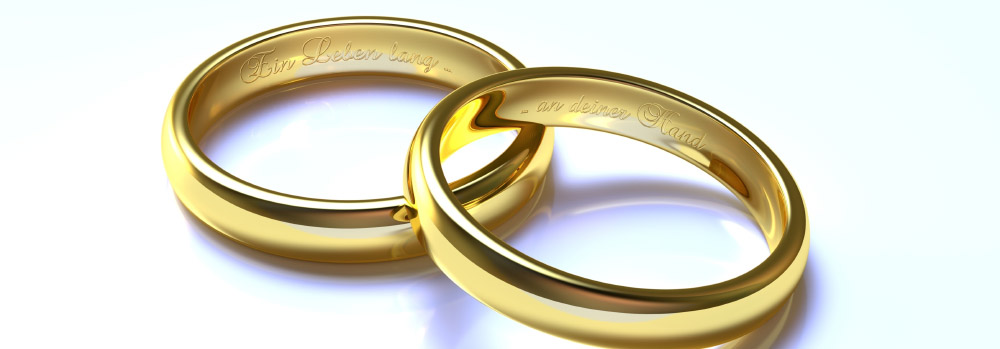
What is the effect of marriage, separation and divorce on a will?
If there’s one thing that we harp on about to our clients, friends and family, it’s the need for a valid, up to date will. So many people don’t have a will and for those that do, there’s a good chance that it hasn’t been reviewed in years. The purpose of a will is to record your wishes as to how you want your assets distributed following your death. A will makes provision for the people and/or organisations that are most important to you – it would be unfortunate if those wishes could not be carried out because your will was not valid.
Wills need to be reviewed and updated. People die, children are born, assets are acquired or sold and relationships change. If you made a will prior to getting married, entering into a de facto relationship, having children, separating or divorcing, these major life events will have an impact on your will.
Marriage
Generally, a marriage renders a pre-existing will void, so that if the person dies after getting married but before making a new will, the person is said to die ‘intestate’. It is presumed that the person didn’t have a will at the time of their death and certain rules will determine who is entitled to the person’s estate.
A marriage will not revoke the will where the will was properly made in contemplation of marriage. The will is often expressed to be in contemplation of a specific marriage but it can also be expressed to be in contemplation of marriage generally.
If your marriage took place after 1 March 2008, a will that you made prior to that time may not be completely revoked. A gift in favour of the person that you married and any appointment of your spouse as executor, trustee or guardian of minor children (under 18 years of age) will remain in place but the rest of the will is otherwise revoked.
If you made a will prior to 1 March 2008 and married on or after that date without updating or making a further will, you may be partially intestate, which means that any gift in your will which was not left to your spouse may fail. Legislation will determine who is entitled to that part of your estate which was not left to your husband or wife.
Separation
Separation from your husband, wife or de facto partner doesn’t have any impact on your will or its terms, so it’s important that if you have separated but have not yet divorced, that you review, and in most cases, update your will. If you don’t update your will after a separation and you die before you divorce, your existing will and any gifts to your former partner will remain in place.
Divorce
Generally and unless a contrary intention appears in the will, a divorce will not revoke a person’s entire will. A divorce will revoke any gifts in the will to the former spouse and any appointments of the former spouse in the will as an executor, trustee or guardian of minor children.
Your divorce doesn’t revoke the appointment of your former spouse as trustee of property left by the will on trust for beneficiaries that include your former spouse’s children.
These provisions will apply if the divorce was on or after 1 March 2008 but different provisions may apply for divorces before that date.
Same sex marriage
Prior to the Australian law changing in December 2017, many same sex couples married overseas where their marriages were recorded as legal, even though such marriages were not legally recognised in Australia. These overseas marriages were given legal recognition in Australia with the passing of the marriage equality legislation.
A question remains over the validity of wills made by couples who (1) were legally married overseas prior to the recognition of marriage equality in Australia (2) made a will after they married overseas but before same sex marriage was recognised in Australia and (3) made provision in their will for beneficiaries other than their spouse.
It isn’t clear whether wills made in these circumstances have been inadvertently revoked upon the basis that the Australian marriage took place, in effect, after the making of the will.
Given that the law on this issue is uncertain, we recommend that couples who fall into this grey area update their wills as soon as possible to ensure that their wishes are carried out.
A will is not something that you can set and forget. It needs to be regularly reviewed, particularly upon certain life-changing events occurring. If you review your will and it adequately deals with your current personal situation and assets, that’s great. However, if your relationship status has changed, children have been born, executors or beneficiaries have died or your assets have significantly changed, it’s time to update your will.





